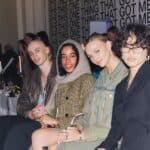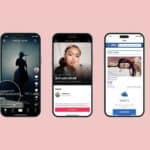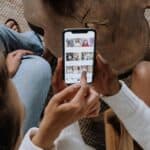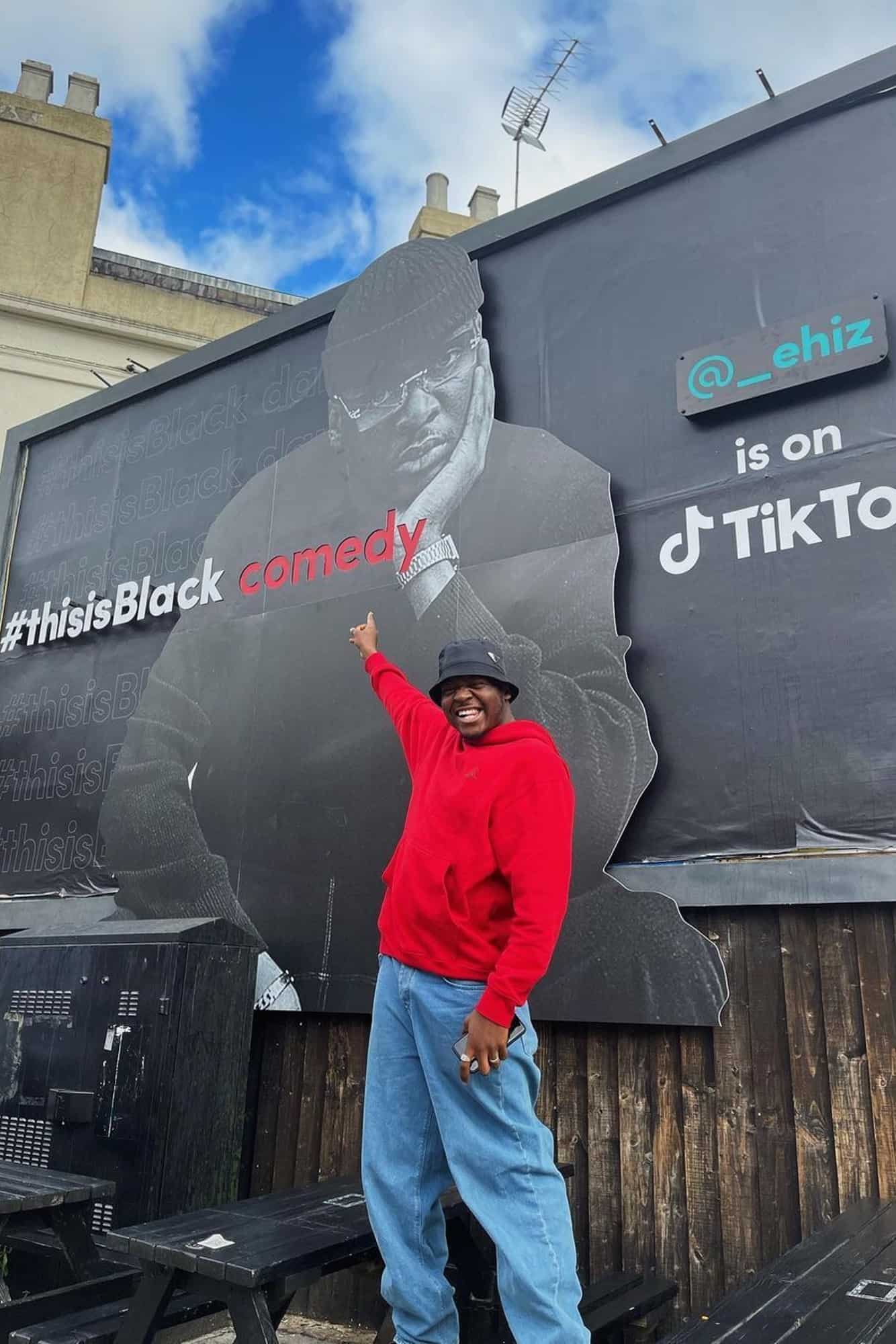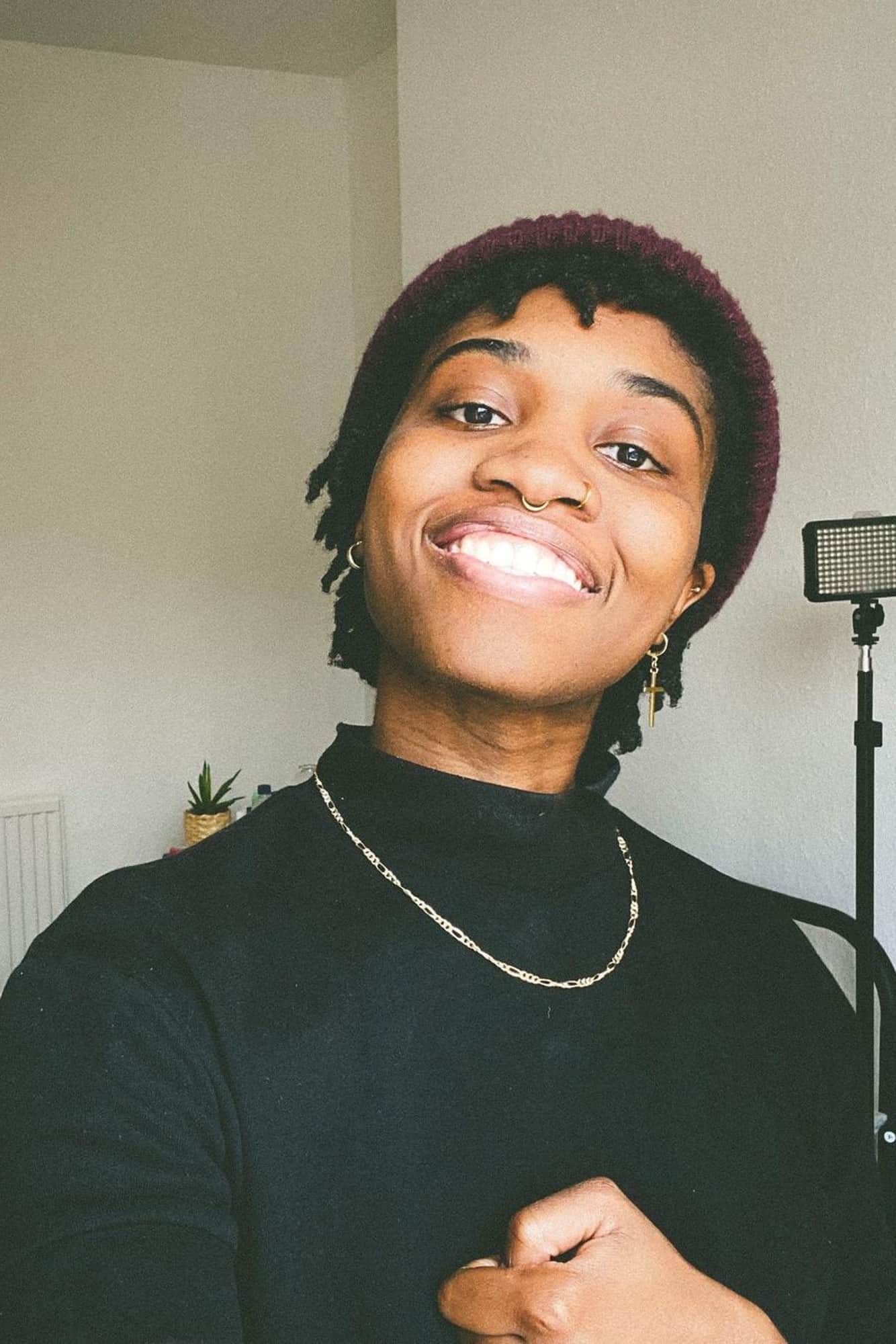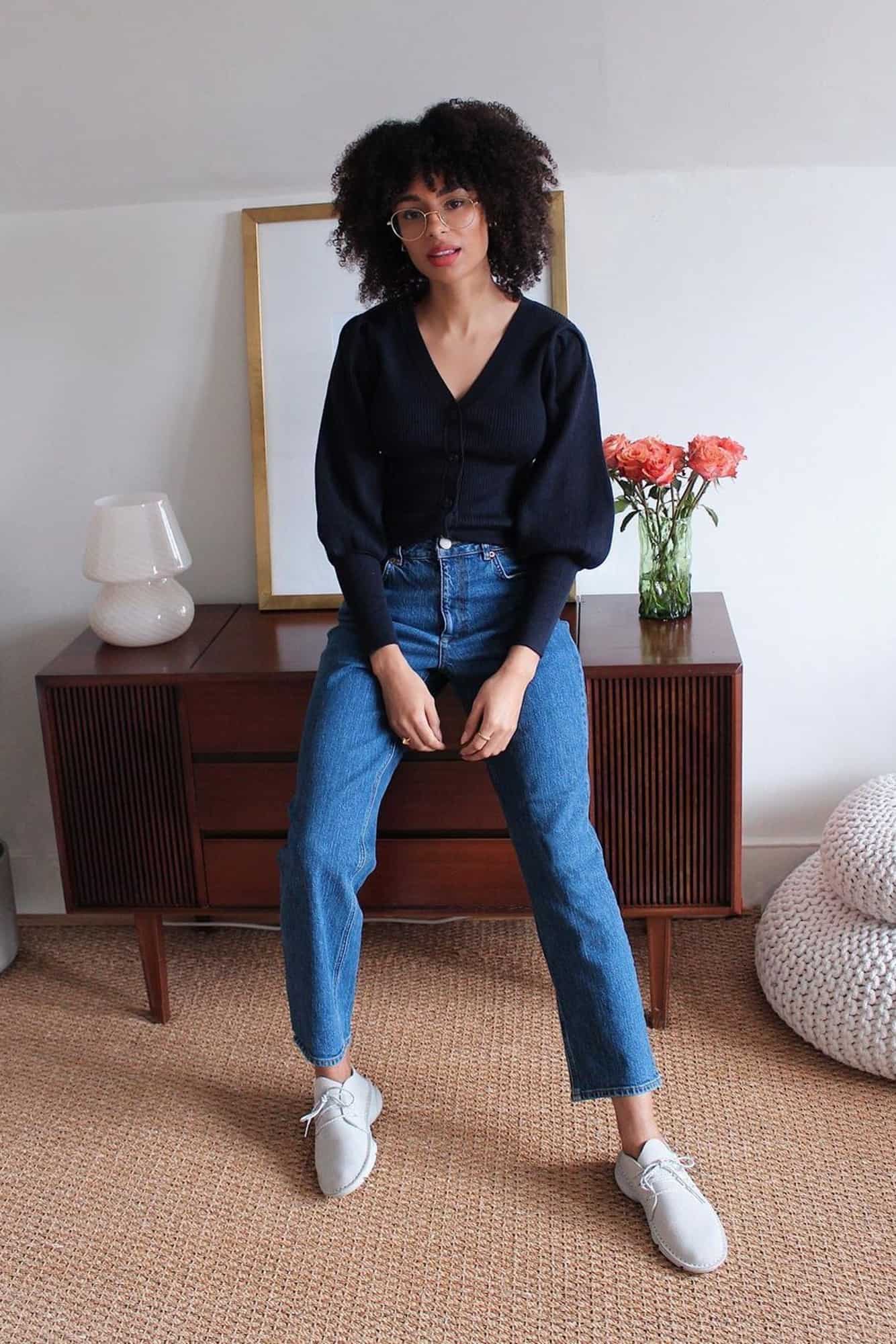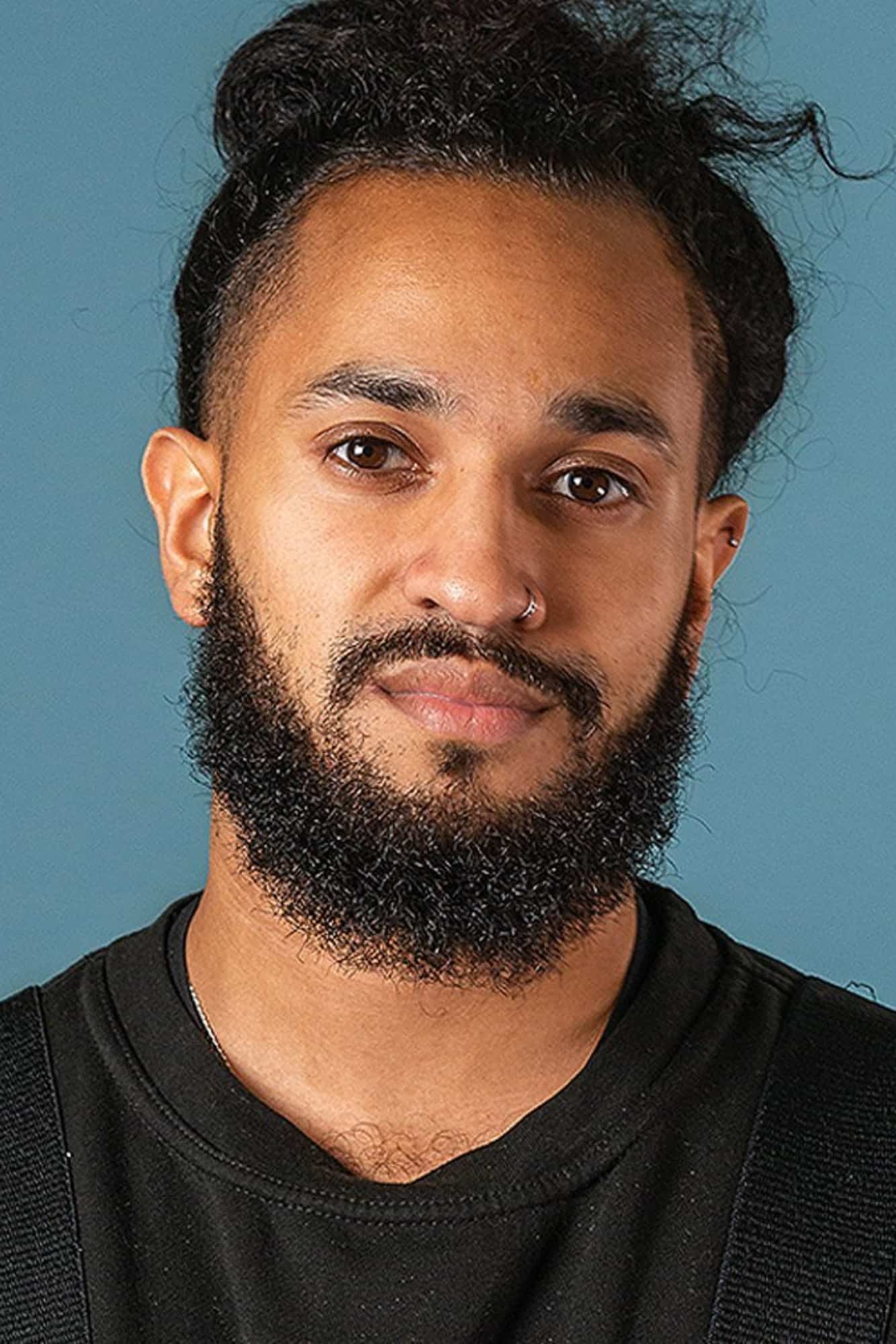It’s the middle of October and with few major campaigns on display, many have noted that Black History Month feels quiet. In fact, compared to the ubiquitous presence of 2020’s string of initiatives and projects that sparked a lot of online praise, this year’s overall tone feels as though Black History Month has been reduced to an afterthought.
Following the murder of George Floyd and the global resurgence of the Black Lives Matter movement, influencers and activists alike took to social media to call out brands who not only remained silent but have held a long history of overlooking racism. In the US, founder and CEO of Uoma Beauty Sharon Chuter launched the campaign #PullUpOrShutUp urging brands to share the number of Black employees working in their companies. Meanwhile, across the Atlantic, the #InfluencerPayGap took off in the UK to expose pay disparities between Black influencers and their white counterparts.
The stark difference between Black History Month last year and Black History Month this year is painful.
— Vanessa (@NessaDeex) October 14, 2021
In response, among the craze of infographic activism that dominated social feeds, many brands took on the domino effect of pledging to do better and play their part in the fight against racial injustice. And while some completely missed the mark – who can forget PrettyLittleThing’s poorly executed reaction – others committed to the cause. Glossier granted $500,000 to Black-owned beauty businesses. Nike, through Michael Jordan, pledged $140 million to support Black communities and L’Oreal Paris rehired Munroe Bergdorf to sit on the company’s UK diversity and inclusion advisory board, three years after the same brand dropped her from a campaign in 2017 after she spoke out about racism.
Fast forward to October 2020 and with brands adopting this “newfound attitude” towards their marketing strategy, we saw a series of widely acclaimed campaigns and initiatives. On September 29, Bumble led the way with #MyLoveIsBlackLove, which documented 31 stories, reflections and experiences around dating from different creatives across the nation including Clara Amfo, Yomi Adegoke and Oloni. The dating app has continued to work with a series of Black talent – both established and emerging – on various campaigns since. TikTok followed shortly with its umbrella campaign #MyRoots that celebrates some of its top content creators, while Channel 4 commissioned a series of content through its initiative Black and Proud, including Yinka Bokinni’s award-winning documentary Damilola: The Boy Next Door.
You may also like
And yet, this year, the energy is undeniably different. Some have claimed that it’s partly due to last-minute organisation from brands and agencies, while others believe it’s a lack of outreach to Black creatives. The general census seems to be, however, that it’s a direct result of brands wanting to work with Black talent for free. Earlier in the month, model Nyome Nicholas-Williams voiced this when she called out brands for their actions in an Instagram post. Skincare enthusiast Lateef Saka shared similar sentiments when he detailed an experience in which a PR agency forgot to take him off an email chain where they called him “unprofessional” after declining to work with them for free:
So a PR agency forgot to take me off an email… they proceed to call me arrogant and unprofessional. They also said ‘doesn’t he know everyone in the industry talks’… all I said is 1) I don’t work for free and 2) I don’t want to collaborate on any black history month events…
— Lateef (@LateefSaka) October 3, 2021
It’s clear there is a fruitful outcome when brands put in the effort and time to work with Black talent. We saw it last month with Channel 4’s Black to Front project which dedicated 24-hours of programming to showcase Black talent. As well as spotlighting new commissions from the likes of Bolu Bababola who debuted her comedy pilot Big Age, and the reality series Highlife, which captured the lives of young, ambitious British West Africans including Irene Agbontaen, Bernicia Boateng and Toni Tone, the initiative delivered Channel 4’s biggest day for Black viewers since London 2012. Not only did it doubled its daily reach of a Black audience, but Highlife, in particular, delivered a 602% increase in Black viewers.
Expecting Black creatives to work for free, especially during Black History Month, signifies a level of performative activism that not only undermines the efforts made last year to make change happen, but also a lack of care for the Black community as a whole. In addition to the amazing Black talent across the nation that have proved time again they are valuable to collaborate with, there are agencies dedicated to working with brands to create inclusive campaigns all year round. I could list all the things brands need to do to ensure change, but at this point, it’s clear brands know what to do. So, just do it.
By Jennifer Adetoro, deputy editor for CORQ. Picture credit: Clara Amfo Instagram

